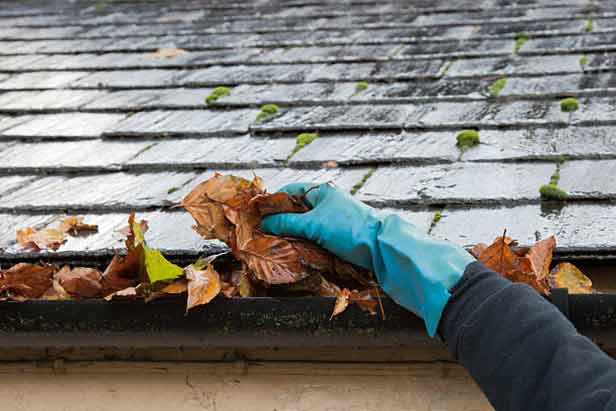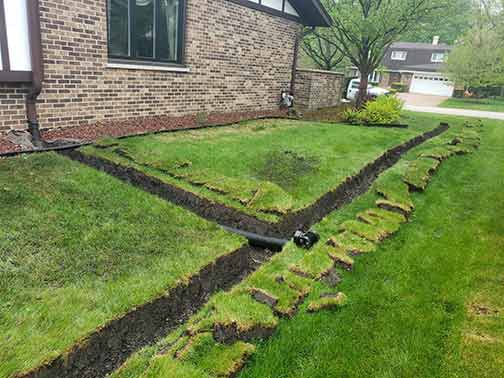Basement flooding is a common problem for homeowners, especially during heavy weather events. As flooding can occur unexpectedly, prevention should be a priority for homeowners. While cleaning out gutters and redirecting downspouts can help reduce the likelihood of flooding, there are also a number of additional strategies that our experts would advise to further reduce the chance of basement flooding. In this article, we will review some of the key strategies recommended by our experts to help prevent basement flooding.
Seal Basement Cracks and Walls
Water can easily enter your basement via cracks or small gaps in walls, windows, or door frames. Sealing any cracks or gaps is an important first step in basement flooding prevention as it will help keep water out of the basement. If you notice any cracks or gaps, they should be sealed with caulk or another appropriate sealant.
Install a Backup Sump Pump
Many basements are equipped with sump pumps which help to pump out water that has collected in the basement. A backup sump pump is a great investment for additional protection against basement flooding. By installing a battery backup sump pump, you can ensure that your basement stays dry in the event that the primary pump malfunctions or is overwhelmed by water accumulation during heavy rain or snow melt events.

Gutters that are not regularly checked and cleared can easily cause water to accumulate near your home and then seep into the basement.
Check Your Gutters Regularly
One of the most common causes of basement flooding is clogged or overflowing gutters. Gutters that are not regularly checked and cleared can easily cause water to accumulate near your home and then seep into the basement. Homeowners should regularly check gutters for blockages and ensure they are securely attached to the home. Additionally, downspouts should always be pointed away from the home to help direct water away from the foundation.
Inspect Your Downspouts
Downspouts are responsible for collecting the rainwater from your roof gutters and directing it away from your home. It is important to inspect your downspouts regularly to make sure they are properly directing water away from the home’s foundation and not pooling near the house. If you notice any water pooling near your house, you should consider extending your downspouts further away from the house or redirecting them to a safe drainage area.
Fix Drainage Issues on Your Property
It’s important to check around the perimeter of your property to look for any drainage problems that could be contributing to basement flooding. Standing water, whether caused by sloped ground or a pipe break, should be addressed promptly. If you identify any drainage issues on your property, it is important to consult with a professional on how best to address the issue.

French drains can be installed around your home and help reduce basement flooding by diverting water away from the foundation and directing it to a safe location.
Invest in a Sump Pit Liner and French Drains
A sump pit liner is a great way to help ensure that any water that finds its way into your basement is quickly and efficiently removed. Additionally, French drains can be installed around your home and help reduce basement flooding by diverting water away from the foundation and directing it to a safe location.
In Conclusion
Basement flooding can cause significant damage to your home and belongings and can often be difficult to clean up after the fact. It is important to take preventative measures to reduce the chance of basement flooding. By following our experts’ advice, homeowners can help prevent basement flooding and the costs and hassles associated with it.
